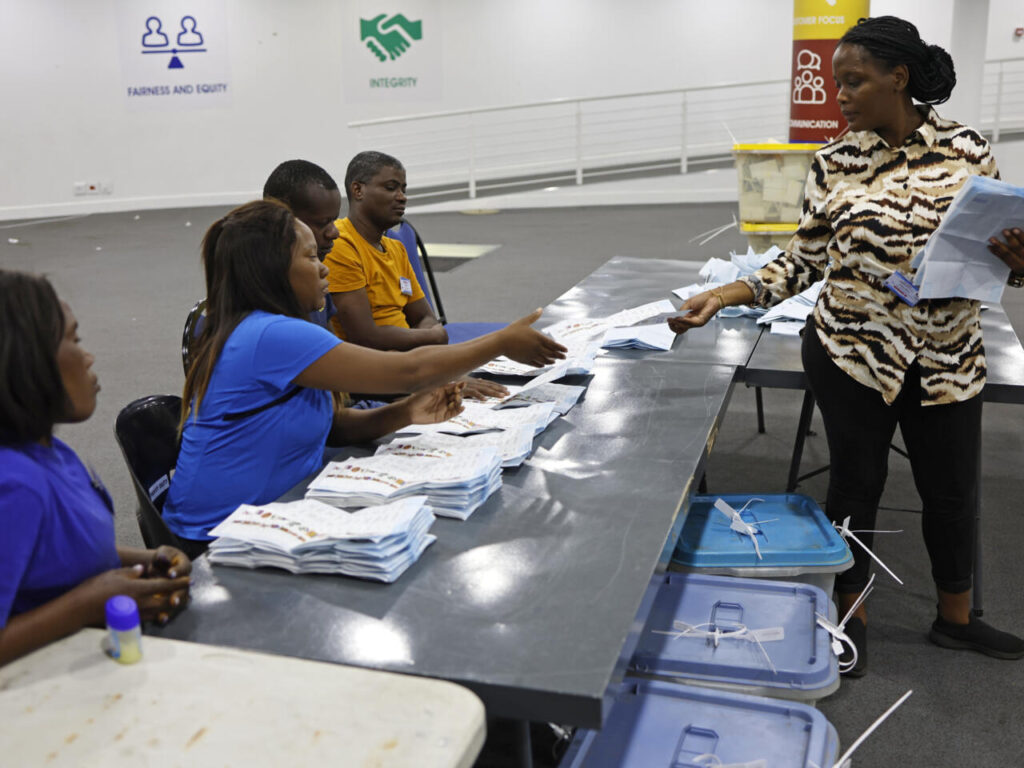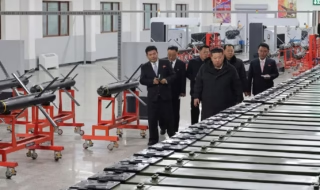
Namibia’s general election process faced significant disruptions this week due to technical and logistical challenges, prompting electoral authorities to extend voting by an additional day. Initially scheduled for a single day, the election was marred by widespread delays caused by malfunctioning electronic voting machines and logistical shortfalls in delivering ballot materials to several polling stations​
The extension aims to ensure that all eligible voters can exercise their democratic rights. Reports from across the southern African nation indicated long queues at polling stations, with some voters waiting for hours to cast their ballots. The Electoral Commission of Namibia (ECN) issued a statement acknowledging the technical issues and emphasizing its commitment to upholding the integrity of the electoral process.
This election is seen as a pivotal moment for Namibia as it addresses critical issues such as economic recovery, youth unemployment, and climate adaptation. The ruling SWAPO party faces significant challenges from opposition parties seeking to capitalize on public dissatisfaction with governance and economic stagnation.
Observers from the Southern African Development Community (SADC) and other international organizations are monitoring the process to ensure compliance with democratic standards. The extension underscores the challenges many African nations face in balancing the adoption of new technology with the logistical demands of large-scale elections. Despite the setbacks, the ECN and civil society groups remain optimistic that the extended voting period will enable greater participation and a credible outcome​
These developments highlight the importance of robust planning and resilient electoral systems in strengthening democracy across the continent.









